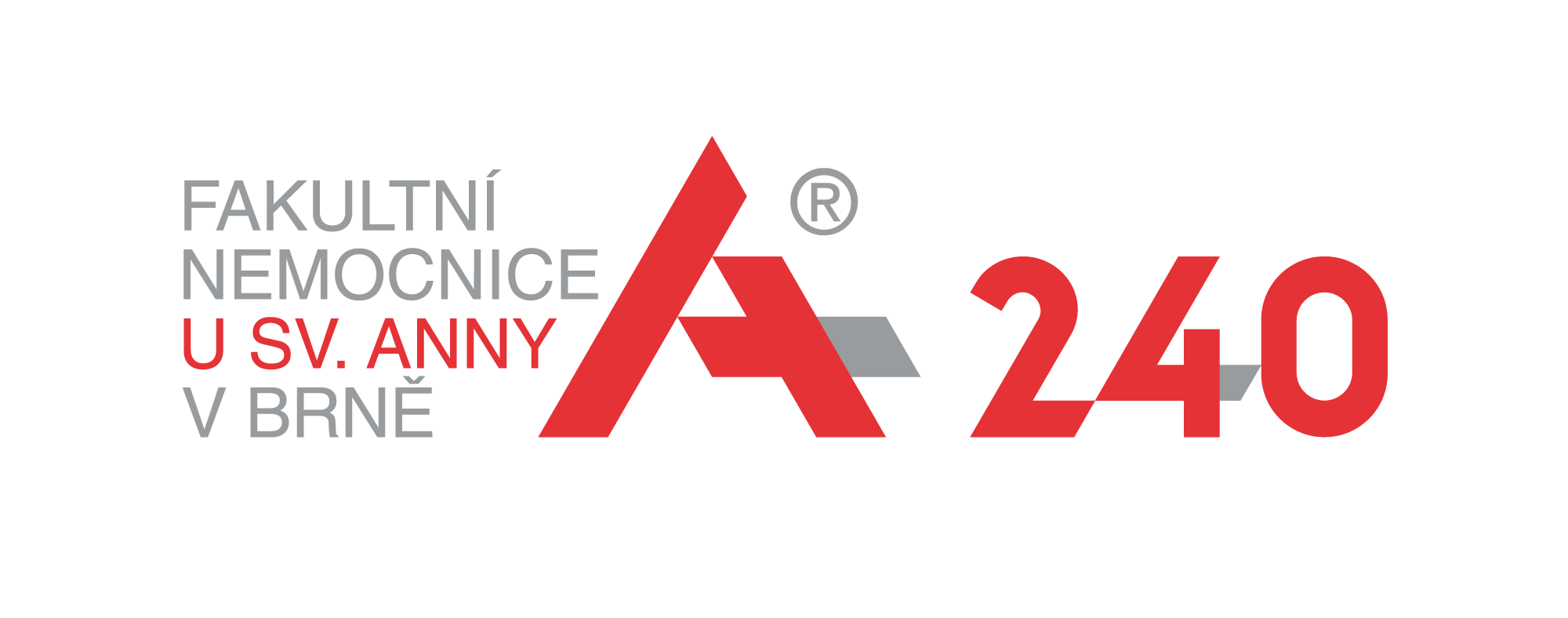Anti-corruption and whistleblowing
St. Anne’s University Hospital Brno emphasises openness, responsibility, and zero tolerance for any form of corrupt or unethical behaviour. We strive to create an environment where everyone (patients, visitors, and employees) can safely report suspected misconduct or improper procedures to hospital management.
We have introduced clearly defined anti-corruption measures and respect the legal protection of whistleblowers pursuant to applicable legislation. We responsibly investigate every complaint and take corrective measures if and where necessary. Your feedback helps us improve the quality of care and the internal culture of the hospital.
If you have encountered corrupt practices at St. Anne’s University Hospital Brno, please report them. You can report or send any complaints and suggestions to:
Any complaints that provide to us will be analysed responsibly. If you provide your address, we will respond to your comments or suggestions in writing. Any serious issues will be reported to the hospital management. They will be investigated and, if found to be objective, we will ensure that the shortcomings and/or mistakes you have reported are rectified. The hospital management wants to provide timely, high-quality services and for patients to be satisfied. Your suggestions can help us improve our work.
The person authorised to receive and handle complaints regarding corruption issues:
Ing. Vlastimil Vajdák, Director
Internal reporting system
Based on Act No. 171/2023 Coll., on the Protection of Whistleblowers (hereinafter the “Whistleblower Protection Act”), effective from 1 August 2023, St. Anne’s University Hospital Brno (hereinafter “FNUSA”) as an obligated entity, among other things, has the obligation to designate a competent person and establish an internal reporting system for receiving reports in accordance with the Whistleblower Protection Act. At the same time, FNUSA is required to ensure that information is published pursuant to the Whistleblower Protection Act in a manner that allows remote access.
Who can be a whistleblower?
A whistleblower is an individual making a report in accordance with the Whistleblower Protection Act who knows and/or has otherwise learned of suspicious circumstances before, during, or after the performance of work activities. Work activities mainly include employment, volunteer work, professional internships or traineeships at FNUSA, or the exercise of rights and obligations arising from a contract for the provision of supplies, services, construction work, or other similar performance provided to FNUSA.
What is reported?
The content of the report includes information about possible unlawful activity that has occurred or is about to occur at FNUSA and which:
Manners of reporting
Complaints can be submitted via the established internal reporting system, either by telephone or in writing. The complaint must contain information such as the name, surname, and date of birth, and other information based on which the whistleblower can be identified. The complaint must also contain information about possible unlawful conduct.
Written complaint can be submitted:
Contact details of the persons responsible for receiving and assessing notifications:
It is necessary to arrange the date of the verbal submission made in person with the relevant person in advance. The relevant person must accept the report from the whistleblower in person within a reasonable period of time, but no later than 14 days from the date on which the whistleblower requested so. An audio recording or written record shall be made of the verbal submission. Personal submission takes place at the office of the relevant person unless the relevant person specifies otherwise.
Receipt and assessment of submissions
The relevant person will notify the whistleblower within 7 days of receiving the submission; and within 30 days, notify the whistleblower of the results of the assessment of the merits of the submission. In factually or legally complex cases, the competent person may extend this period by up to 30 days but no more than twice.
The receipt and handling of complaints within the internal reporting system is set up in a way that the identity of the reporter cannot be revealed. Only the person authorised to receive submissions, who is bound by confidentiality and is obliged to maintain the confidentiality of the content of the submission during its investigation, even after the termination of employment, has the right to become acquainted with the identity of the person making the report and the content of the report.
External reporting system
All whistleblowers without exception may contact the Ministry of Justice, Vyšehradská 16, 128 10 Prague 2, which acts as the external reporting system Information for whistleblowers under the Whistleblower Protection Act – Whistleblower (justice.cz), Persons considering reporting illegal conduct may contact the Ministry of Justice free of charge and confidentially in writing (oznamovatel@msp.justice.cz) or by telephone (tel.: +420 221 997 840) to request a consultation on the matter. Direct submissions can be made using the Ministry of Justice form Chci podat oznámení – veřejnost – Oznamovatel (justice.cz).
Instruction on knowingly false reporting
An individual who knowingly files a false submission is not entitled to protection against retaliatory measures. The whistleblower commits an offense by knowingly filing a false submission, for which a fine of up to CZK 50,000 may be imposed.
